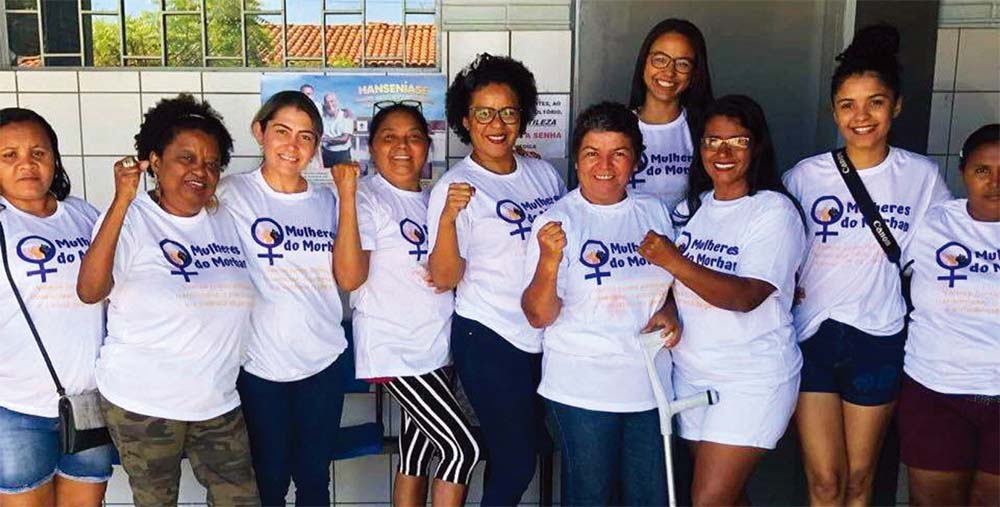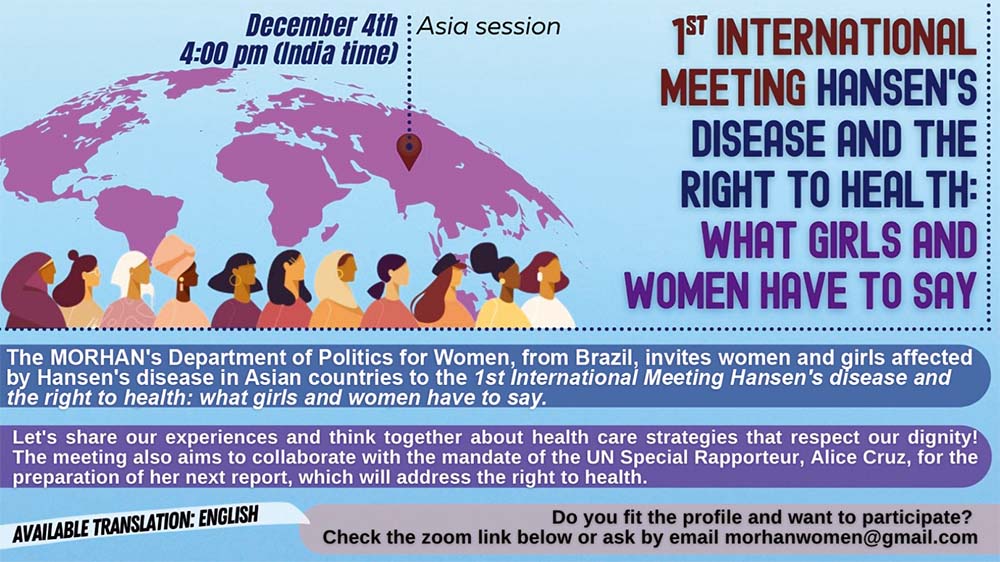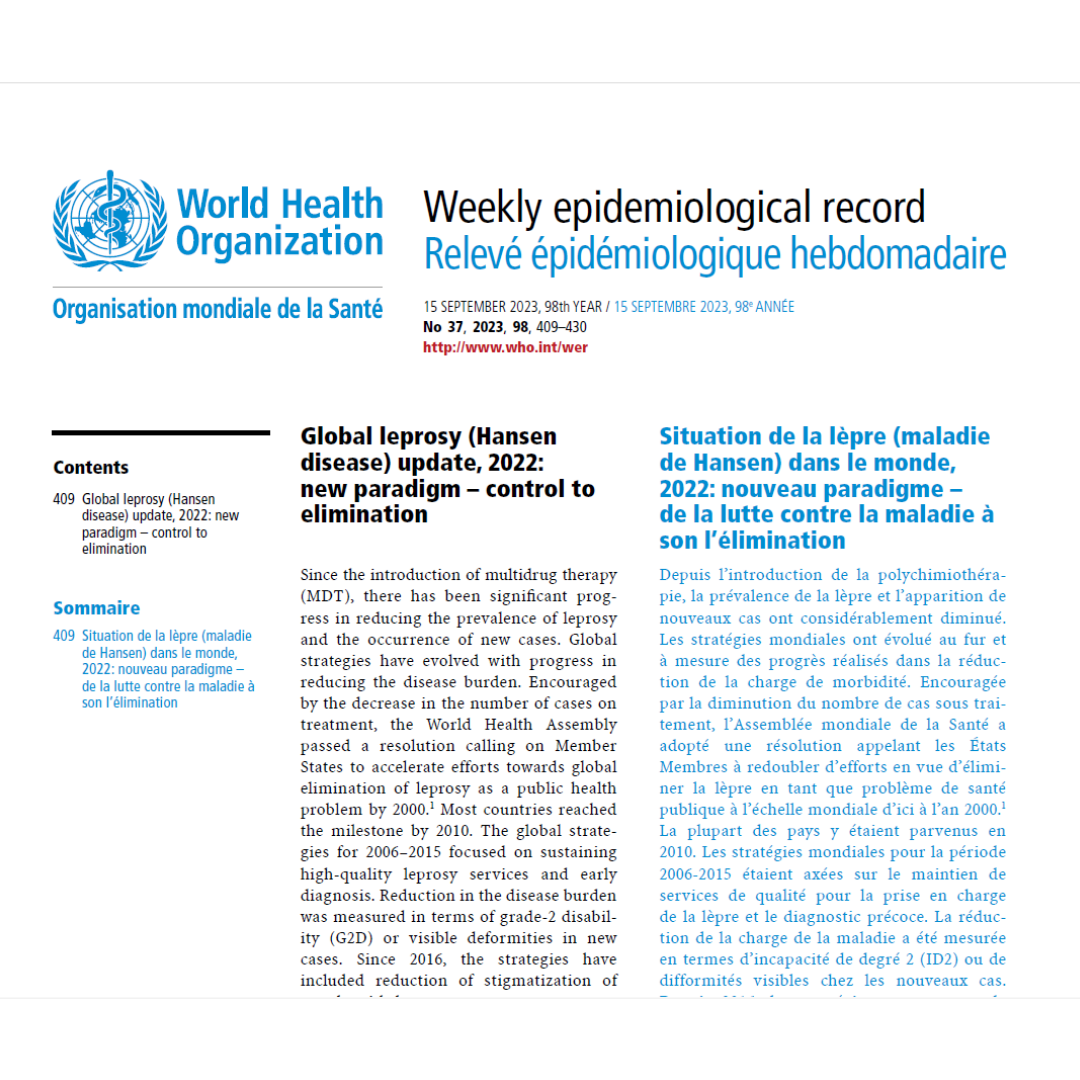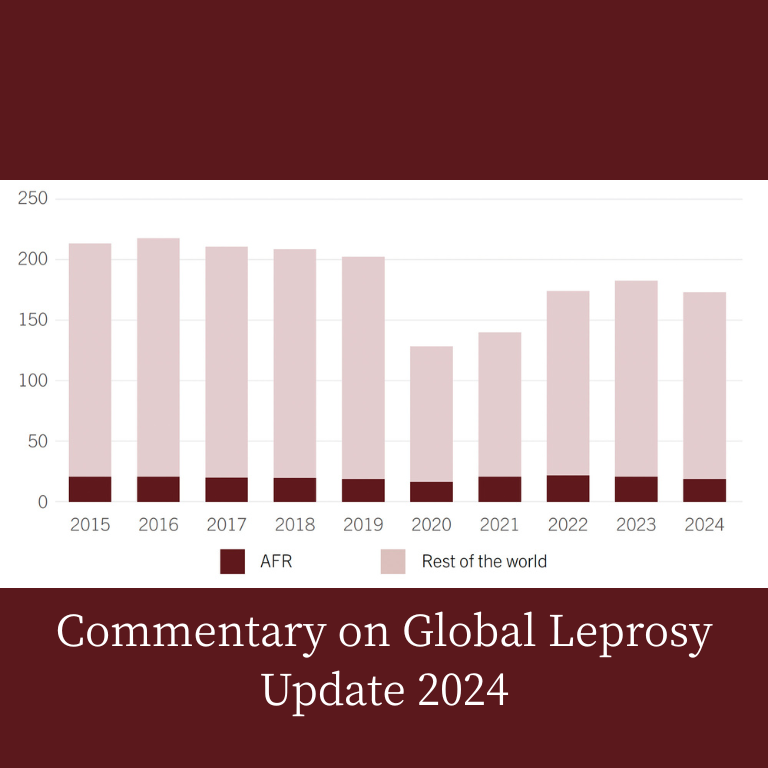
Five members of Morhan’s Women’s Policy Department (DPW-Morhan) contributed to this report:
Paula Brandão, woman affected by Hansen’s disease and coordinator of the Morhan Research Center;
Patricia Soares, woman affected by Hansen’s disease and DPW-Morhan coordinator;
Francilene Mesquita, woman affected by Hansen’s disease and DPW-Morhan coordinator;
Suerli Oscar, daughter of a person affected by Hansen’s disease and DPW-Morhan coordinator; and
Nanda Duarte, communication advisor for Morhan.
http://www.morhan.org.br
Women and girls have been part of the Movement for the Reintegration of Persons Affected by Hansen’s Disease (Morhan) since its foundation in 1981 in Brazil. The experience of discrimination experienced by women affected by Hansen’s disease and the social vulnerabilities associated with gender issues led to the formation of the Women’s Policy Department (DPW-Morhan) in 2018.

In 2021, in the face of the political-health crisis produced by the COVID-19 pandemic and the violation of the right to health, the women of DPW-Morhan together with Alice Cruz, UN Special Rapporteur, decided to listen to and amplify the voices of women and girls affected by Hansen’s disease so that they would reach people around the world. We organized the first international meeting of “Hansen’s disease and the right to health: what girls and women have to say.” The meeting was divided into five sessions lasting three hours: two sessions for women from Brazil only and three regional sessions for women from the Americas, Africa and Asia. In total, 107 women from 15 countries participated. Sasakawa Health Foundation provided support for professional translation into English, French, and Spanish. Volunteers provided additional translation into Hindi, Bengali, Nepali, and Indonesian.

The women were encouraged to tell their stories by answering the following questions: a) What are the problems faced by women and girls affected by Hansen’s disease as an individual, in the family, and in the community? b) What are the possible causes of these problems? c) What do women and girls affected by Hansen’s disease want? The women talked about problems related to illness, such as difficulty in accessing health services and treatments, late diagnosis, and lack of adequate information about issues specific to being female. And they spoke especially about the consequences of the experience of being an affected woman, such as discrimination in the family and community, damage to mental health, overload of domestic work, difficulties with economic self-support such as unemployment or underemployment, lack of government-sponsored assistance programs, not being able to attend school, domestic and sexual violence, and separation from children and/or spouse.
The meeting generated a report that was shared with the special rapporteur and an article to be published soon, which details the problems and recommendations suggested during the meetings. Our next steps are to strengthen the network of women affected by Hansen’s disease in Brazil and to increase exchange experiences with women from other countries through people’s organizations. At the heart of our action is the certainty that it is necessary to listen to girls and women affected by Hansen’s disease so that public policies around the world address the burdens particularly placed on them and recognize them as subjects of rights.





